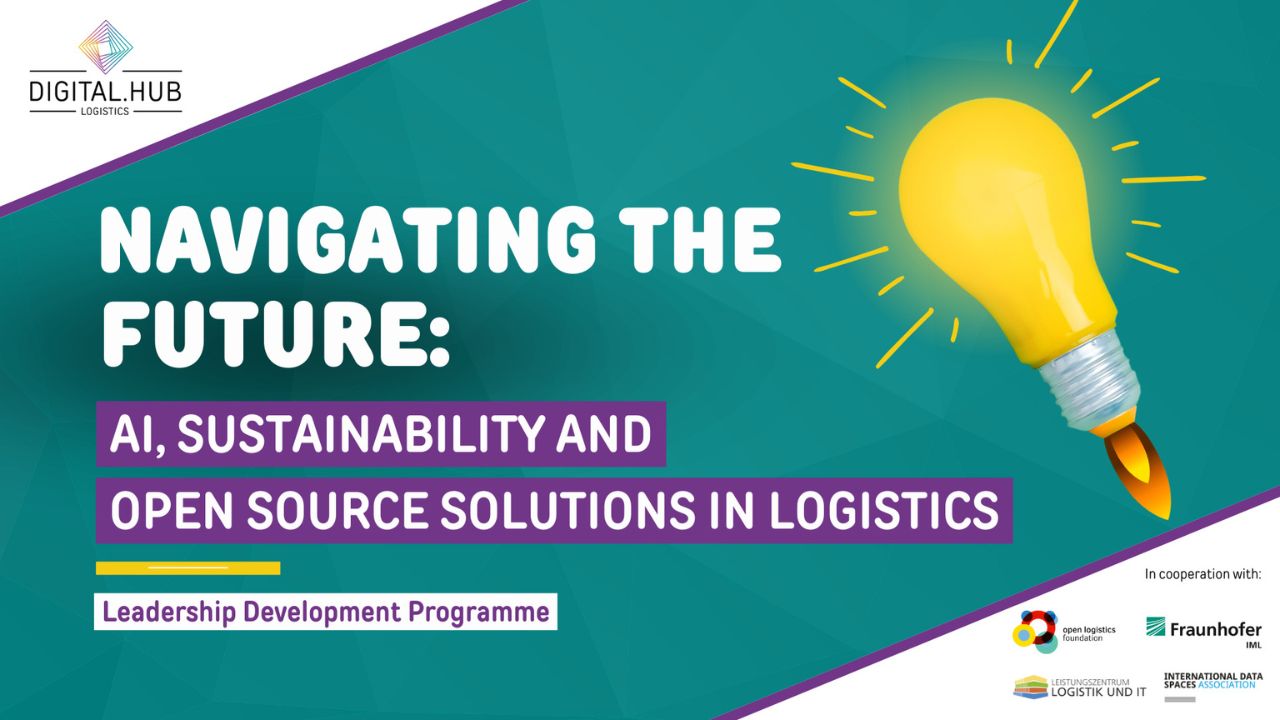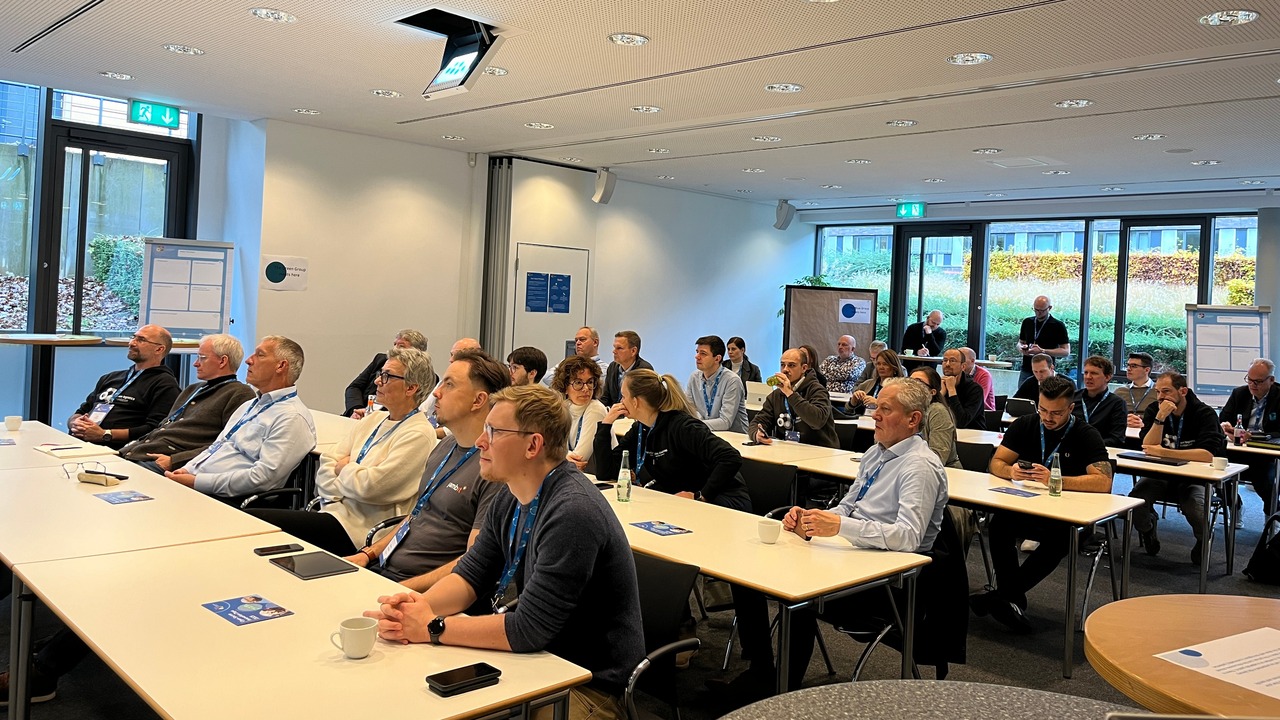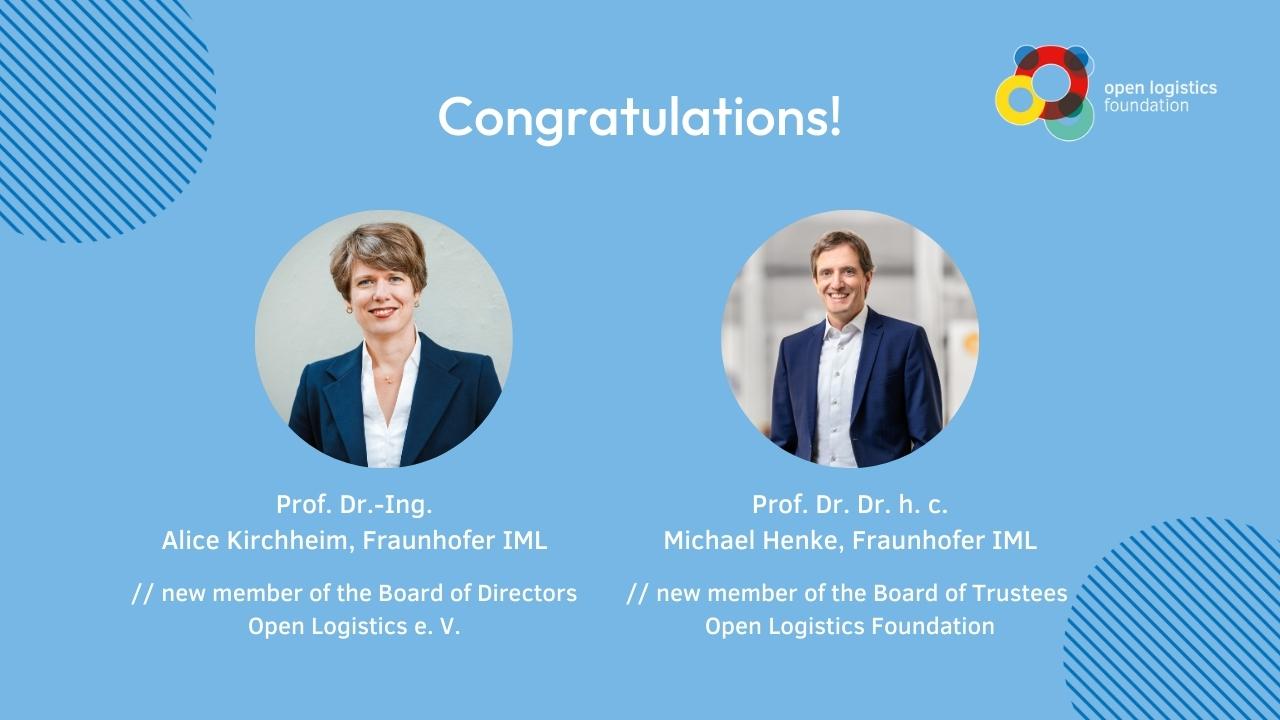The podcast hosts Andrea Goretzki and Gwendolyn Dünner set the discussion around uncovering how logistics experts can position themselves in shaping the industry. Furthermore, what opportunities and risks do open source solutions offer the logistics industry, particularly within the IT sector.
Addressing an important question of ‘why now of all times?’ is Andreas Nettsträter where he mentions that, the current times are ripe for the industry to abandon the ‘do it yourself’ mentality to explore the potential and impact that can be found in collaborations. In order to make fundamental strides within the logistics and supply chain industry, we need to turn to open source. He emphasizes that “Open source does not just mean publishing things, but also seeking the opportunity to do things together. How can we find ways to actually meet our objective together? In the sense of ‘everyone can participate and everyone can use the end results’, I think this combination is possible through open source”.
Markus Sandbrink also adds that the obvious connection between IT and open source solutions is among the factors that enticed them to get on board with the Foundation, in creating joint standardized solutions for the industry. Additionally, he mentions that the required individual efforts and inputs make all the difference in coming up with these innovations and solutions.
The goal is to solve the current logistics problems together and achieve great results together
Making better use of the existing infrastructure is among the solutions that can be effectively tackled together rather than individually. The Open Logistics Foundation being the solution and way forward to achieving such results stands out from all former initiatives. This is because there was no neutral platform to ensure fair operations, with collaborative involvement in all aspects. An umbrella that stands with and for everyone without subjectivity dominating.
Through cooperating with the Open Logistics Foundation, Markus mentions it is their hope to lessen complexities and simplify interactions among the market participants. This is necessary given the complexity and diversity of the market. Logistics providers interact with different sectors during operations which can be tedious when it comes to data and document exchange. He says; “Above all, you have access to the source code. That creates transparency and trust, and you can also develop the source code yourself if necessary. For instance, if others no longer do it, which is sometimes difficult with other software packages because the manufacturer discontinues the product.”
Creating an open source basis for the logistics industry
The solutions tackled by the Open Logistics Foundation are not meant to replace existing solutions or displace commercial providers. They are rather to create an effective basis on which the market can function uniformly. Additionally, to provide the opportunity for logistics providers to individually build upon market-differentiating services, from which customers can receive added value.
The episode also offers some insights into the ongoing projects and their importance to the industry. Enjoy listening to the podcast, and for the English version please visit this Link.




